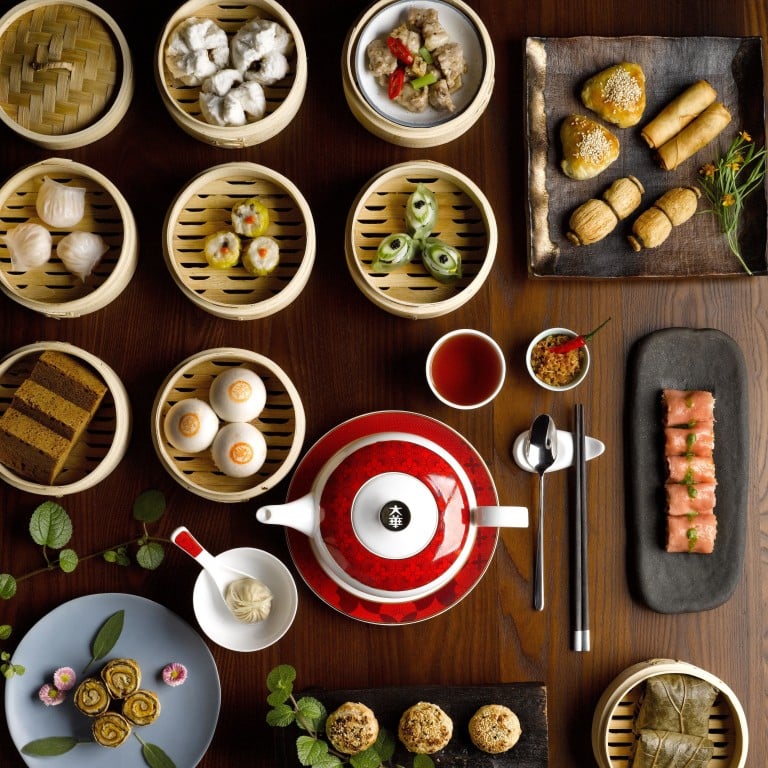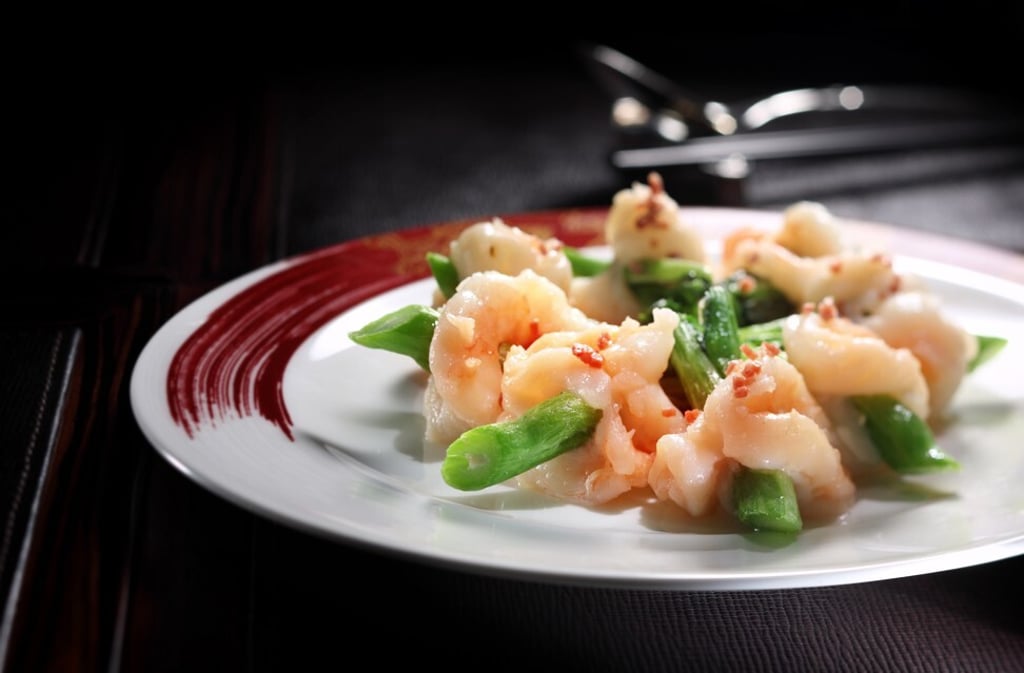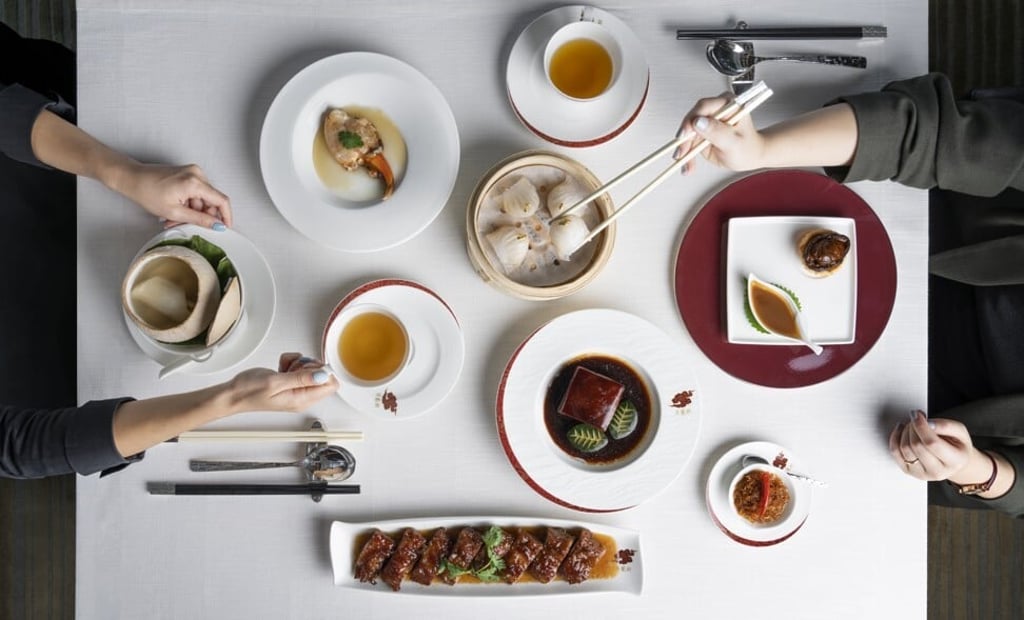Why don’t more Chinese restaurants get Michelin stars? After MasterChef Australia’s blunder, we grill fine dining chefs on what they really think of Asian cuisine

Dirty, unhealthy and unsophisticated – is that what Michelin’s snobby Western foodies really think? Chinese food has an image problem internationally but some chefs, like Momofuku’s David Chang, are trying to change diners’ minds
Is food political? Absolutely. There are a total of 90 Michelin-star establishments in The Michelin Guide Hong Kong Macau 2019 guide alone, yet despite exceptional chefs like Chan Yan Tak of Hong Kong’s Lung King Heen receiving the coveted three stars, there are only a few dozen Michelin-starred Chinese restaurants anywhere in the world, most of them in luxury hotels. Another restaurant ranking, the World’s Best Restaurant list, includes just one Chinese restaurant: The Chairman, also in Hong Kong and led by chef Kwok Keung Tung.
Fine dining Chinese and Asian chefs often don’t receive the same media coverage as their Western counterparts despite being highly skilled and even revered in their own countries, and despite the growing trend of Asian restaurants opened by Asian chefs such as Momofuku’s David Chang and Fresh Off the Boat creator Eddie Huang, both in the US.
Asian food does not lend itself to fine dining

MasterChef Australia judge Jock Zonfrillo recently sparked a backlash when he said, “Asian food does not lend itself to fine dining.” Even more unfortunate was that a fellow judge, a food writer with Asian roots, nodded in agreement.
In New York, Lucky Lee’s, a fast/casual Chinese restaurant, closed in less than one year, despite a flourishing start to the business, after the two non-Chinese American owners marketed the restaurant as a modified and “clean” option to Chinese-American recipes. Swift pushback followed on social media for cultural appropriation.

So how did Chinese food become the poster child for “dirty”, unhealthy or unsophisticated food in Western societies?
According to restaurateur and owner of Unlisted Collection, Loh Lik Peng, who owns Chinese restaurants including Majestic Bay and Jing Seafood in Singapore, exposure is key to breaking stereotypes. “Many Western critics don’t quite understand why Chinese food comes in the form it does. Why do the Chinese eat chicken or duck feet, or why the organs of an animal might be considered the most prized and delicate part? They see jellyfish or fish heads and this sort of food is alien to them. That’s fair enough because they didn’t grow up eating food like this,” says Loh.